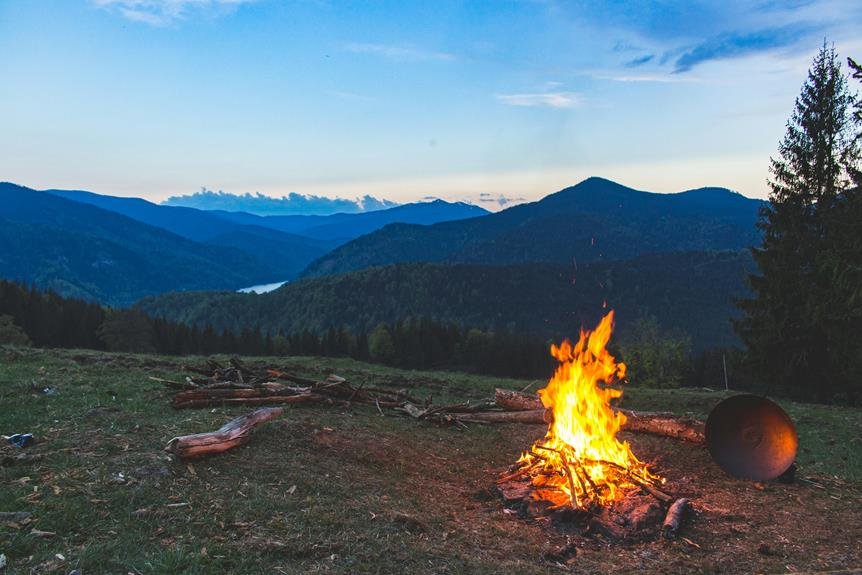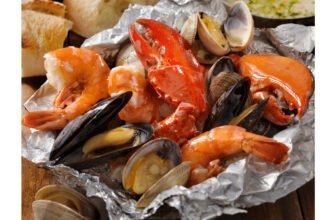
When seeking the finest camping water filters and purifiers, it's crucial to select wisely based on your unique needs and camping style. Factors like water sources, group size, and weight preferences play a pivotal role in your decision-making process. Understanding the various filtration systems available, their capacities, and maintenance requirements will help you choose the ideal companion for your outdoor ventures. Stay tuned to discover essential tips for finding the perfect camping water filter that suits your wilderness escapades.
Factors to Consider
When choosing the best camping water filters and purifiers, consider your specific needs and the water sources you'll encounter. Think about how many people will be using the filter, the weight you're willing to carry, and the ease of use that suits your preferences. If you're embarking on a solo adventure, a lightweight and compact filter might be your best bet. However, for a larger group, you may need a more heavy-duty purifier that can handle higher volumes of water.
Additionally, take into account the types of water sources you're likely to come across during your camping trips. If you'll be near clear mountain streams, a simple filter might suffice. On the other hand, if you anticipate encountering murky or stagnant water, investing in a purifier with more advanced filtration capabilities could be crucial for your health and safety.
Types of Filtration Systems
Consider exploring the various types of filtration systems available for camping water filters and purifiers to determine which best suits your outdoor needs. There are three main types to consider:
- Straw Filters: These compact filters are lightweight and easy to use. You can drink directly from a water source through the straw, which filters out bacteria and protozoa. They're ideal for solo hikers or emergency situations.
- Pump Filters: Pump filters work by manually pumping water through a filter. They're effective at removing bacteria, protozoa, and some viruses. These filters are great for small groups or individuals needing larger quantities of water.
- Gravity Filters: Gravity filters operate by using the force of gravity to push water through the filter. They're convenient for filtering larger quantities of water with minimal effort. Gravity filters are suitable for groups or basecamp scenarios.
Each type of filtration system has its advantages and considerations, so choose based on your specific camping requirements.
Capacity and Portability
Explore how the capacity and portability of camping water filters and purifiers play a key role in determining the best option for your outdoor adventures. When choosing a camping water filter or purifier, consider how much water it can filter or purify in a given timeframe. The capacity of these devices varies, so think about the size of your group and how much water you'll need daily.
Portability is crucial for camping trips. Look for filters that are lightweight, compact, and easy to carry in your backpack. Consider collapsible or foldable options that won't take up much space. A portable water filter or purifier allows you to have access to clean water wherever your adventure takes you.
Opt for a camping water filter or purifier that balances capacity and portability to meet your needs. Think about how much water you'll require daily and how easy it's to transport the device. Finding the right balance ensures you stay hydrated and healthy during your outdoor escapades.
Maintenance and Longevity
Ensuring regular maintenance and understanding the longevity of your camping water filter or purifier is essential for optimal performance during your outdoor adventures. To keep your filter working efficiently, clean it according to the manufacturer's instructions, which often involve backflushing with clean water. Regularly inspect the O-rings and seals for any signs of wear or damage, as these components are crucial for preventing leaks.
Understanding the lifespan of your water filter helps you plan for replacements. Most filters have a specified lifespan in gallons of water filtered, so keep track of your usage to know when it's time for a new filter. Additionally, proper storage when not in use can extend the life of your filter. Store it in a cool, dry place away from direct sunlight and freezing temperatures.




